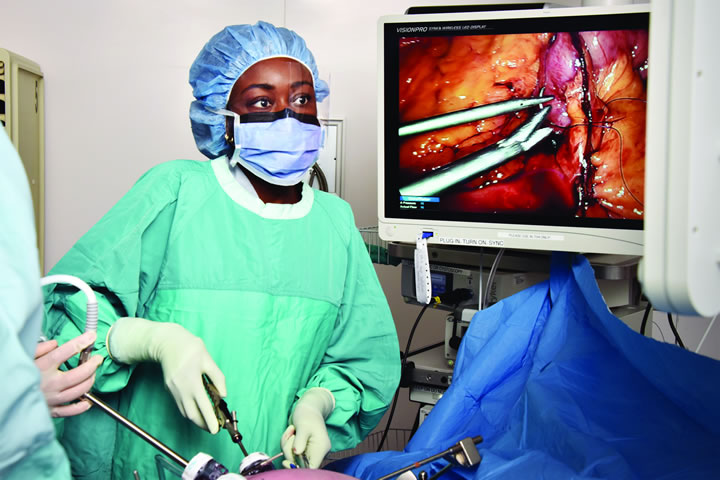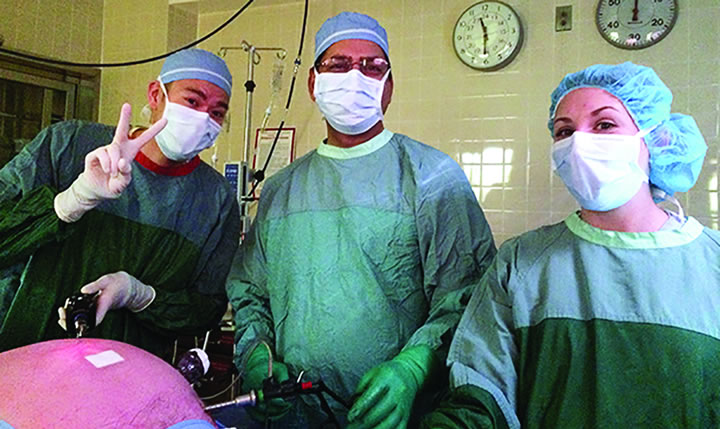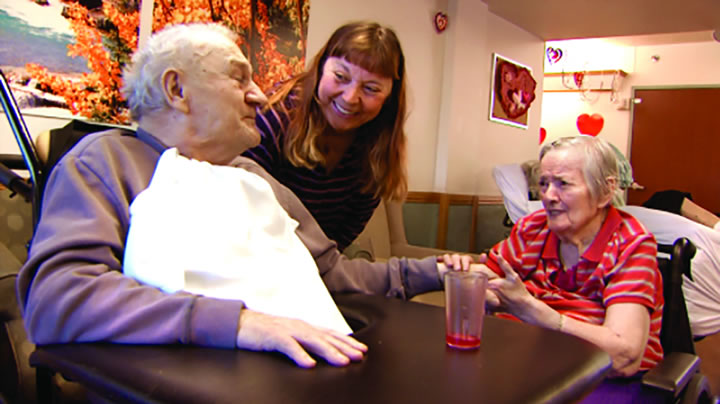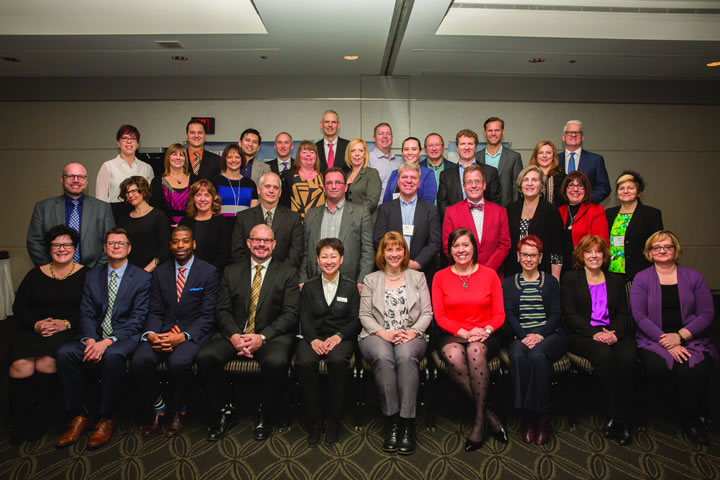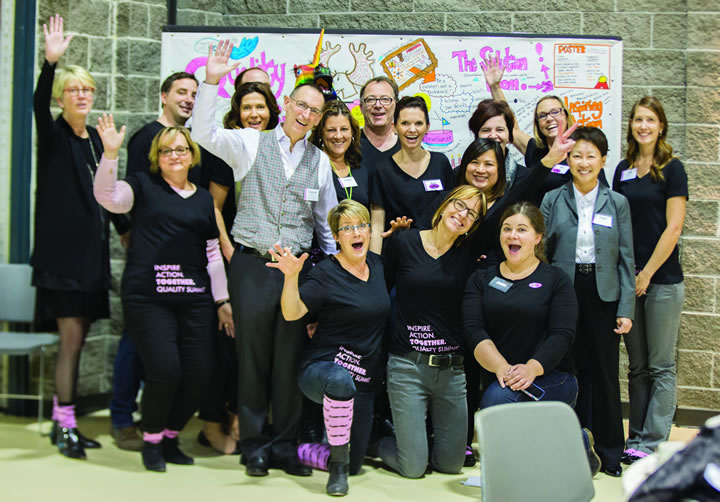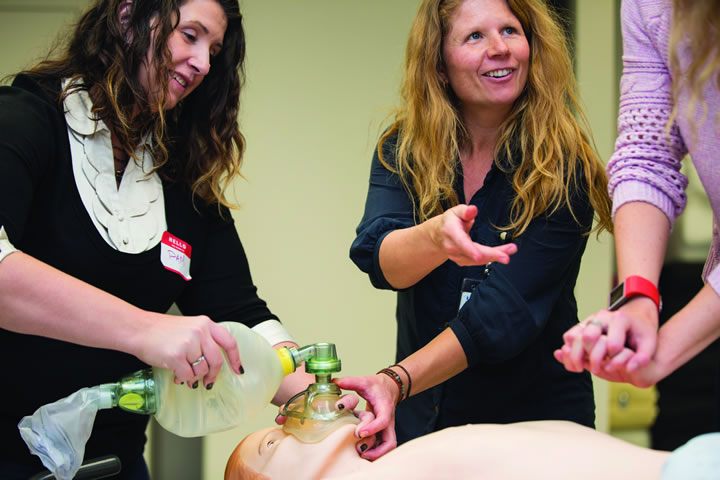Our Executive Education Program is one of the ways we accomplish this. In partnership with the University of Alberta's Alberta School of Business and the University of Calgary, the program develops our leaders to lead transformational change and meet the demands placed on our healthcare system. It also creates a network of leaders with a broad understanding of the challenges and complexities of our healthcare system. It equips them with leading-edge knowledge and a common vocabulary to discuss, influence and support system innovation and change.
This program was a compilation of extremely strong, very smart and experienced people from across our organization. The experience in the Executive Education Program had an immediate impact on my work and my team. I have found great success at AHS, and since the program concluded, I have had the opportunity to advance further within the organization.
Max Jajszczok, Executive Director, Provincial Continuing Care Alberta Health Services

Executive Education connected leaders across the organization to create a coalition with a common language and toolset. It pushed us out of our comfort zone by challenging the status quo and then set us loose on real projects and challenges the organization faces.
Penny Rae, Chief Information Officer Alberta Health Services
Our leadership development certificates are based on the principle of enhancing leadership capabilities as defined by the Leads in a Caring Environment Framework Leadership Capability Framework.
Our New Manager Preparation Program offers new managers access to education, tools and resources during orientation as they prepare to perform their new role.
We offer training 24 hours, seven days a week. In fact, we have more than 3,000 classroom, virtual, and online learning programs available for staff to take remotely (just need Internet access), in person, or ‘hands on’.
94 per cent of our people racked up over 1.25 million hours of online and classroom learning. That is equal to one person learning 24/7 for 140 years!
Through our professional development fund, we cover the cost of a wide variety of educational opportunities — from post-secondary diplomas, degrees and certificates, to conferences, workshops and group learning initiatives.
Our people can also take part in learning events, including:
We also offer simulation learning. AHS currently has 11 simulation centres and 10 mobile simulation units that travel to sites throughout Alberta. Over 40,000 learners participated in simulation learning events across the province.
We also inform our people about the many resources we have available to promote their health and wellness, career aspirations and continuous professional development.
Our Research Challenge is designed to increase knowledge and skills in practise-based research among front-line care providers. In total, 478 employees participated, 126 letters of intent were submitted and 12 research teams were chosen.
Each year, we host the Quality Summit. It’s an opportunity to share and learn about quality improvement initiatives from across Alberta to challenge, inspire and work together to improve our healthcare system.
Through our Strategic Clinical Networks, we’re finding new and innovative ways to deliver care that will provide better quality, better outcomes and better value for every Albertan. For example, the Appropriate Use of Antipsychotics Toolkit for Care Teams created a toolkit that focuses on how to reduce the amount of antipsychotics patients receive in long-term care and shifts the culture to a more patient-friendly approach.
